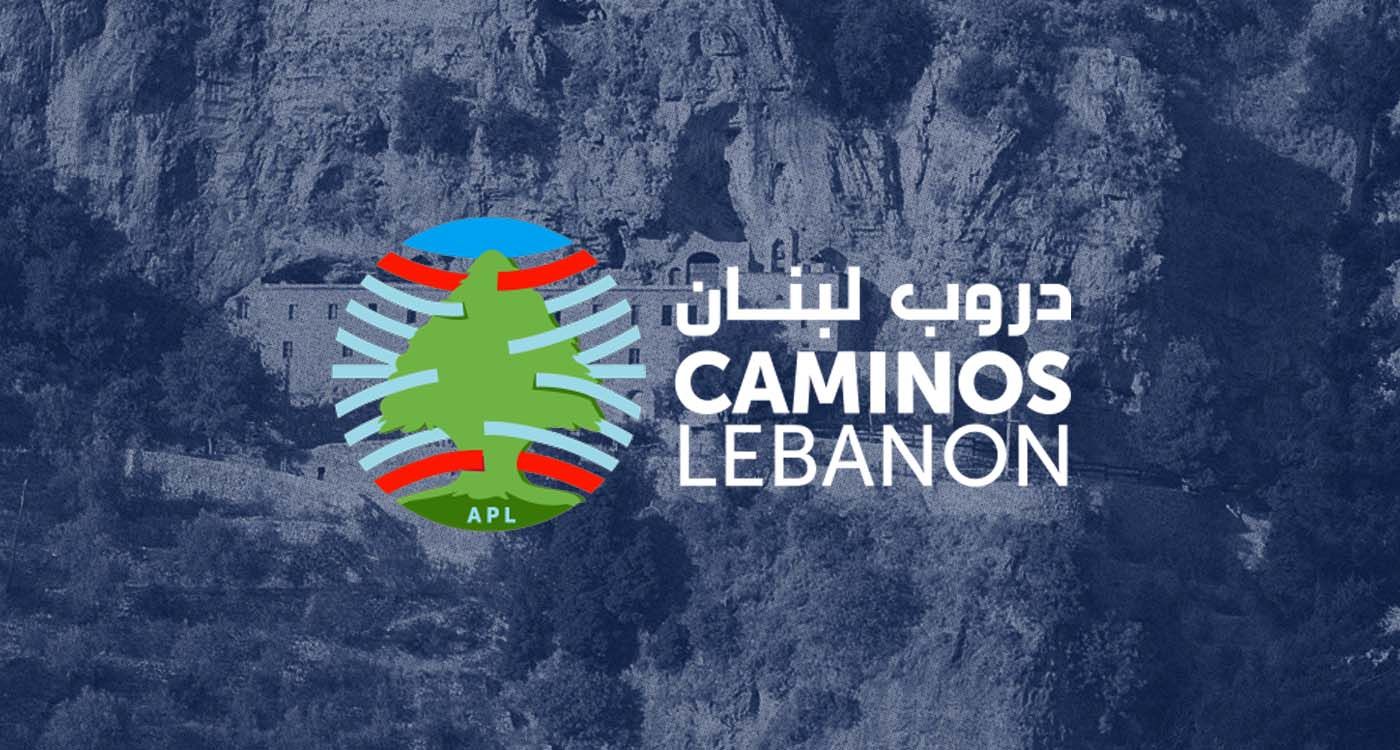
Reviving the economy through the sacred? Lebanon is exploring the idea with Caminos Lebanon, a structured religious tourism project aiming to get pilgrims moving, along with small local businesses. The promise: jobs, rural income, and a restored national image.
The idea is bold: stimulate the economy by banking on pilgrimages. That is the goal of Caminos Lebanon, a sustainable religious tourism initiative backed by the Association for Pilgrimages in Lebanon (APL) and led by expert Nour Farra Haddad. The ambition is to turn Lebanon into a key destination for faith-based travel. But this goes far beyond simply walking from one monastery to another. What is at stake is the creation of a broader, sustainable economic ecosystem.
Caminos Lebanon is a vast network of 60 Christian religious trails connecting sanctuaries, villages, mountains, forests, and local traditions. A project designed to get both hearts and the economy pumping. "The goal is to breathe new life into rural areas while boosting small businesses, guesthouses, mouné producers, local guides, artisans, restaurant owners, and eco-tourism service providers," explains Nour Farra Haddad to This is Beirut.
"This project, deeply rooted in a vision of sustainable development, is built on simple yet powerful values: walking, spirituality, hospitality, and economic impact," she adds. The economic interest is very real. Caminos Lebanon is not just a Sunday stroll. It is a catalyst for economic revival. Every step can generate income, every trail can create local jobs, and every pilgrim becomes a participant in a gentler, more human, more grounded form of tourism.
Religious tourism in Lebanon is undeniably an economic driver, both through visitors from abroad during periods of stability, and through domestic pilgrimages within the framework of local tourism. "Despite all the crises, this sector remains a lever of resilience, cultural diversity, and economic attractiveness for the country. The potential to develop religious tourism in Lebanon is vast, thanks to the wealth of places of worship, the country’s confessional diversity, and its culture of coexistence," she says.
When Faith Fuels the Economy
Religious tourism is far from a small niche. According to the World Tourism Organization (UNWTO), it represents 20 to 25 percent of global tourism, with 330 million pilgrims each year. "Why shouldn’t Lebanon take a share of that? Especially since major pilgrimage sites like Saint Charbel in Annaya and Our Lady of Lebanon in Harissa already draw two million visitors annually," Haddad notes.
So why not also offer them the trails, the landscapes, the encounters, and the discoveries? The organizers of the Caminos Lebanon project believe that from the very first year, this initiative could attract tens of thousands of pilgrims, reaching hundreds of thousands in the years to come.
Caminos Lebanon is a network of Christian pilgrimage routes that fits not only within religious tourism but also intersects with various niche tourism sectors such as rural tourism, sports tourism, family tourism, and ecotourism. “The Caminos Lebanon routes will showcase built heritage – monasteries, churches, sanctuaries, bridges, and mills – natural heritage – forests, rivers, and cliffs – as well as intangible heritage – rituals, celebrations, and religious events. These routes can be interconnected or entirely independent. They serve as meeting points for pilgrims, fostering cultural dialogue between pilgrims and the local communities they pass through,” explains Haddad.
Spiritual hikers, whether in sandals or trekking boots, local or international, believers or simply curious, will have access to a map of the routes, practical guides, and even a passport to be stamped to encourage them to go further and higher. Completing five trails across five regions earns a certificate. A motivating journey with a touch of the divine.
After the launch conference reserved for partners – including 30 NGOs, municipalities, and experts – the APL plans a public presentation of the project in November 2025, featuring an interactive website and the sale of the Caminos Lebanon passport. The goal? To attract tens of thousands of pilgrims in the first year and, who knows, in a few years, to rival Compostela, which may no longer stand unchallenged.




Comments